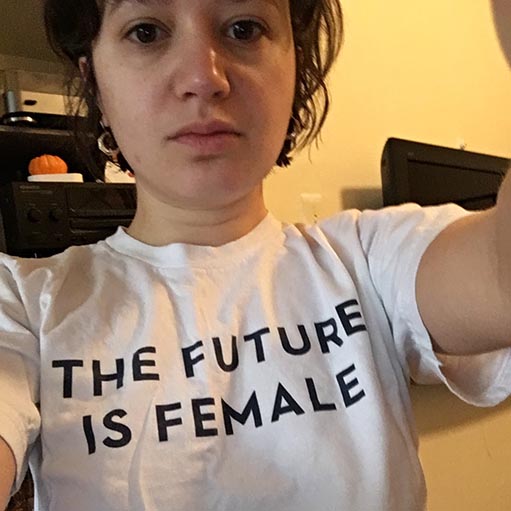Black History Month is more than 28 days of reflection and remembrance of the struggles, the triumphs and the work that remains in the path toward becoming an equitable nation. For OneGoal, this is a time to take stock of the past to re-imagine what the future could hold for communities of color should our collective work towards justice succeed. Here OneGoal staff share their thoughts.
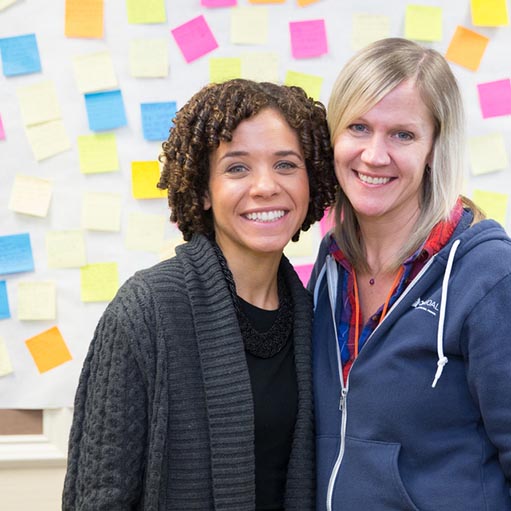
What does Black History Month symbolize for you?
Black History Month symbolizes the acknowledgement that the narrative of the contributions of Black people in this country has been diluted, silenced, and misrepresented. For me, it calls to mind the 1960s protest “I am man.” because we need to remind our nation that we are here and have always been here. We are powerful, resilient, and human and that deserves to be celebrated.
As someone who has experience in post-secondary, there is no question in my mind that there are more paths to opportunity available to black students than a century ago; however the percentage of black students who attend high-poverty schools has increased as of late. Until we directly confront that concentrated poverty continues to oppress the black community, I worry that we will have more doors opened, but less people adequately prepared to walk through them.
Melissa Connelly, Vice President of Program (pictured left)
What is your role in the fight for equity?
As long as our Black and Brown young people are killed at much higher rates than their white peers and have access to fewer and less robust resources, then we must continue to fight and advocate for justice and actions to balance the scale for all children. As one of my colleagues, Will Collins, recently shared from James Baldwin in an all staff meeting, “For these are all our children. We will all profit by or pay for what they become.”
As a white woman, it is important for me to be a vocal advocate for elevating the voice of Black stories at all times. If we are to truly balance the scales, I must put the stubborn ounces of my weight toward the side of the oppressed.
Rachel Bennett, Director of Training and Support

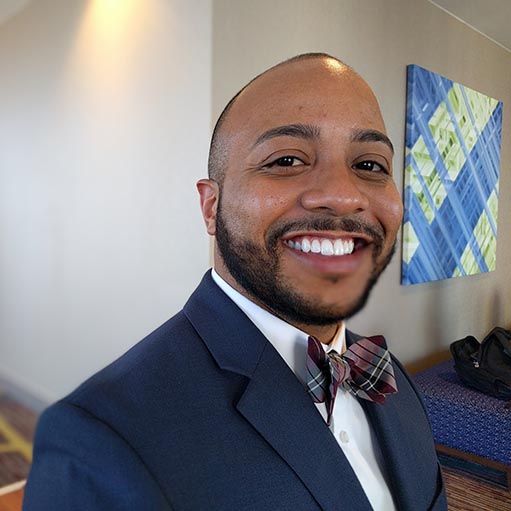
What progress has been made for black students and what steps still need to be taken?
This is a very challenging question to wrap my mind around. Although great progress has been made, it is difficult to celebrate and appreciate in light of recent events where many black students, particularly from underserved backgrounds, still face systemic oppression. This oppression is showcased in the media and perpetuated by law, policies and educational barriers that have a deep impact on generations of people in the black community. The steps that need to be taken involve people from all backgrounds coming together to realize the power and beauty in each other and fighting for human rights on all fronts.
Still, everyday wins exist. They include our students realizing their purpose and striving towards that every day; the strong bonds built from a mentor/mentee relationship; graduation day, and the pride that our students feel for themselves and their families when they overcome obstacles and accomplished the first step in their journey towards college graduation.
Danny Rojas, Director of Teacher Support – Massachusetts
What progress has been made for black students and what steps still need to be taken?
Inequity did not happen by accident – it was a deliberate, methodical set of decisions that enshrined white supremacy and the opportunity gap in the United States from it’s earliest days. Therefore, if we are ever going to eliminate the divide in access to a degree and provide a path to prosperity and racial and economic justice for our youngest citizens, we must start with a complete, painful picture of the American story.
Black History Month gives me – as a white ally and father – a powerful moment to recommit to building a new American story for both our Fellows and my three children. At this moment in our country, I am also painfully aware that my past inaction has at times helped to perpetuate the very systems of oppression that I got into this work to dismantle and confront. I still have so much work to do personally. And yet I find profound fellowship and inspiration from the courage and grace of men and women of color who have fought to change this country for the better and those change agents whom I call colleagues, friends, and mentors today.
Jeff Nelson, Co-Founder + CEO
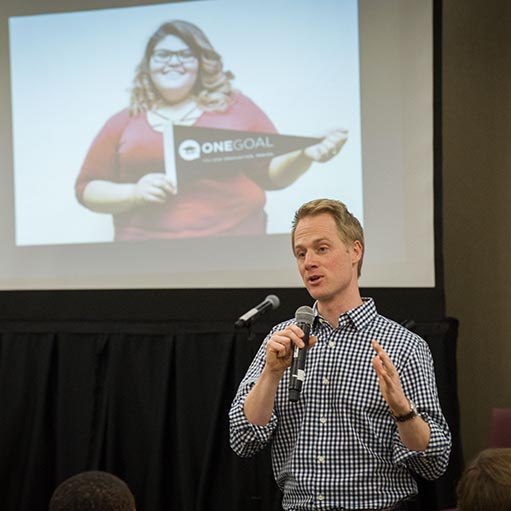
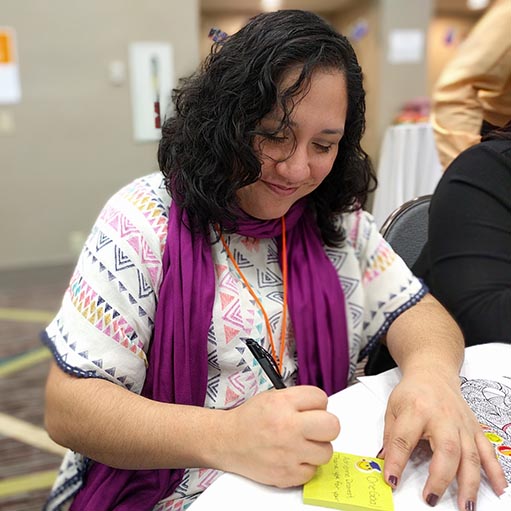
What does Black History Month symbolize for you?
Growing up, Black History Month meant learning about Martin Luther King Jr., Rosa Parks and Ruby Bridges. But now I wish we had learned more and as a teacher I made the commitment to teach about the Black history throughout the year and make February simply even more special.
Black history is not a separate aspect of American history; it is our history.
We tend to make it look like everything was fixed after the Civil Rights movement and ignore the challenges and racism after this time. We as a country try make our students believe that racism doesn’t exist, and as a result, silence their experiences. I know we can do more. Yes, conversations can start at a young age. We can start to create agency in our students.
Susie Tovar, Director of Teacher Support – Chicago
What does Black History Month symbolize for you?
We still have a long way to go in America in terms of equity. Black History Month is incredibly important, then, until Black history is seen as much a part of American history as anything else, and valued accordingly without the need for a month-long prompt.
Especially now, acknowledging privilege is freeing in and of itself. Then using privilege to grow and distribute more privilege to those who do not have enough, and universally overlaying that new privilege over chronic, intersecting systems of oppression, weakens those systems.
Mark Haggarty, Director of New Site Development


What does Black History Month symbolize for you?
It simultaneously symbolizes the struggle for and achievement of Black excellence in this country. Black students are finally seeing themselves represented in pop culture in a multi-faceted way. Now, I believe, there is also a pedagogical push for teachers to include black texts and history throughout the year so that the messages of Black History Month transcend the month of February.
Nandita Bhargava, Director of Postsecondary Partnerships – Chicago
What progress has been made for black students and what steps still need to be taken?
With the election of a black president and the continued state and federal legal advancements in protecting equal rights and access to institutions for everyone, regardless of racial identity, Black students have increasing access to the education, career, and life opportunities that white people have historically had. These advances have come with great struggle and still, in fits and starts.
But there is a long way to go. Schools are more segregated and less equal than they were when desegregation became law; salaries and resources for educators and administrators in Black and Brown neighborhoods pale in comparison to those of wealthy majority white suburbs; and each system of education, from pre-K through post-secondary and beyond, replicates and perpetuates the racial and socioeconomic educational inequalities rooted in society. We need to face these truths and think and act bigger and bolder about the changes that need to come.
Rachel Oppenheimer, Manager of Program Innovation – Chicago
